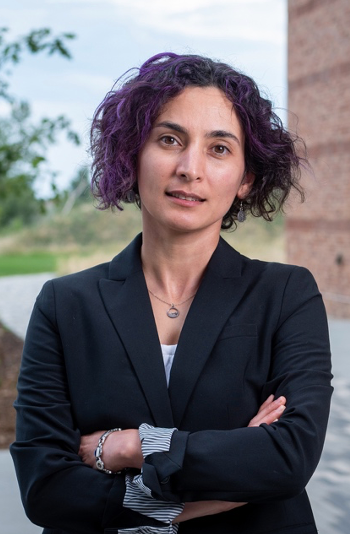
Three Spectroscopy Awards Presented at Pittcon 2015
This year, Pittcon recognized excellence in spectroscopy with three awards, the Pittsburgh Spectroscopy Award, the Coblentz Society’s Bomem-Michelson Award, and the Coblentz Society’s Williams-Wright Award. The awards were presented on Monday and Tuesday at the conference.
The Pittsburgh Spectroscopy Award was given to Alfred G. Redfield, a professor emeritus of Biochemistry and Physics, Emeritus at Brandeis University (Waltham, Massachusetts), a member of the National Academy of Sciences, and a Fellow of the American Academy of Arts and Sciences. Redfield has received numerous awards, including the Biophysics Prize, American Physical Society, Max Delbruck Prize in Biological Physics, and the Russell Varia Lecture and Prize. During his career, spanning more than 60 years, he has published more than 200 papers. The award committee selected Redfield based on his many accomplishments in the advanced understanding, practical developments, and applications in the field of nuclear magnetic resonance especially in nuclear-spin relaxation, as well as his leadership role in the scientific community and mentorship of young scientists.
David Jonas, a professor at the University of Colorado (Boulder, Colorado), received the Coblentz Society’s Bomem-Michelson Award. Jonas is internationally recognized for his pioneering work in phase-resolved nonlinear optics, and his exploitation of that work to demonstrate femtosecond two-dimensional Fourier transform (2D FT) spectroscopy. This optical analog of 2D NMR is becoming widely used in electronic and vibrational spectroscopy.
Jagdeesh Bandekar was honored with the Coblentz Society’s Williams-Wright Award. Bandekar works as a technical development leader in the Adhesives Bonding Group at Dow Automotive Systems (Auburn Hills, Michigan). His industrial experience in three companies includes chemicals, polymers, bulk and specialty gases, and thin films. He has been involved in research and development, new product development, and evaluating and implementing emerging technologies. Bandekar also has taught and carried out research at universities.
Newsletter
Get essential updates on the latest spectroscopy technologies, regulatory standards, and best practices—subscribe today to Spectroscopy.





